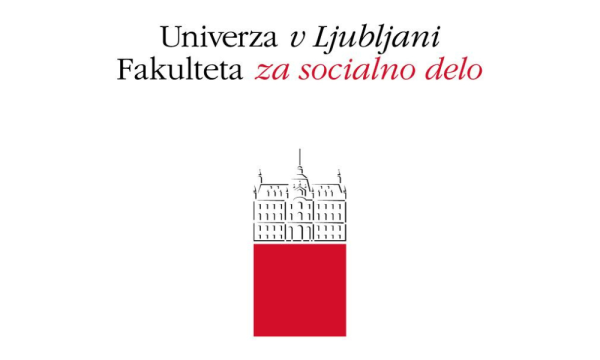Families facing multiple challenges face a variety of internal and external stressors, often related to the difficult living conditions in which they live, leading to overload and family destabilisation. Many of them have unmet basic livelihood needs. They are constantly faced with various challenges (e.g., a job search with few employment opportunities, low income to survive, inability to support children in school matters).
The current forms of support for families are not successful as help is scattered, as research in Slovenia and worldwide has shown. The fragmentation of help results in the family being burdened with numerous interventions in the family, and help seems to get lost in the disjointed network of professionals who often plan help for families alone and without the cooperation of family members.
With many professionals involved, the question of responsibility in the support and assistance processes also arises: Who is responsible for the family support process, and what does this responsibility look like?
Successful collaboration with families facing multiple challenges requires continuous development of the knowledge and support of professionals and others involved in the support processes. An appropriate institutional context supporting professionals working with families is also crucial.


